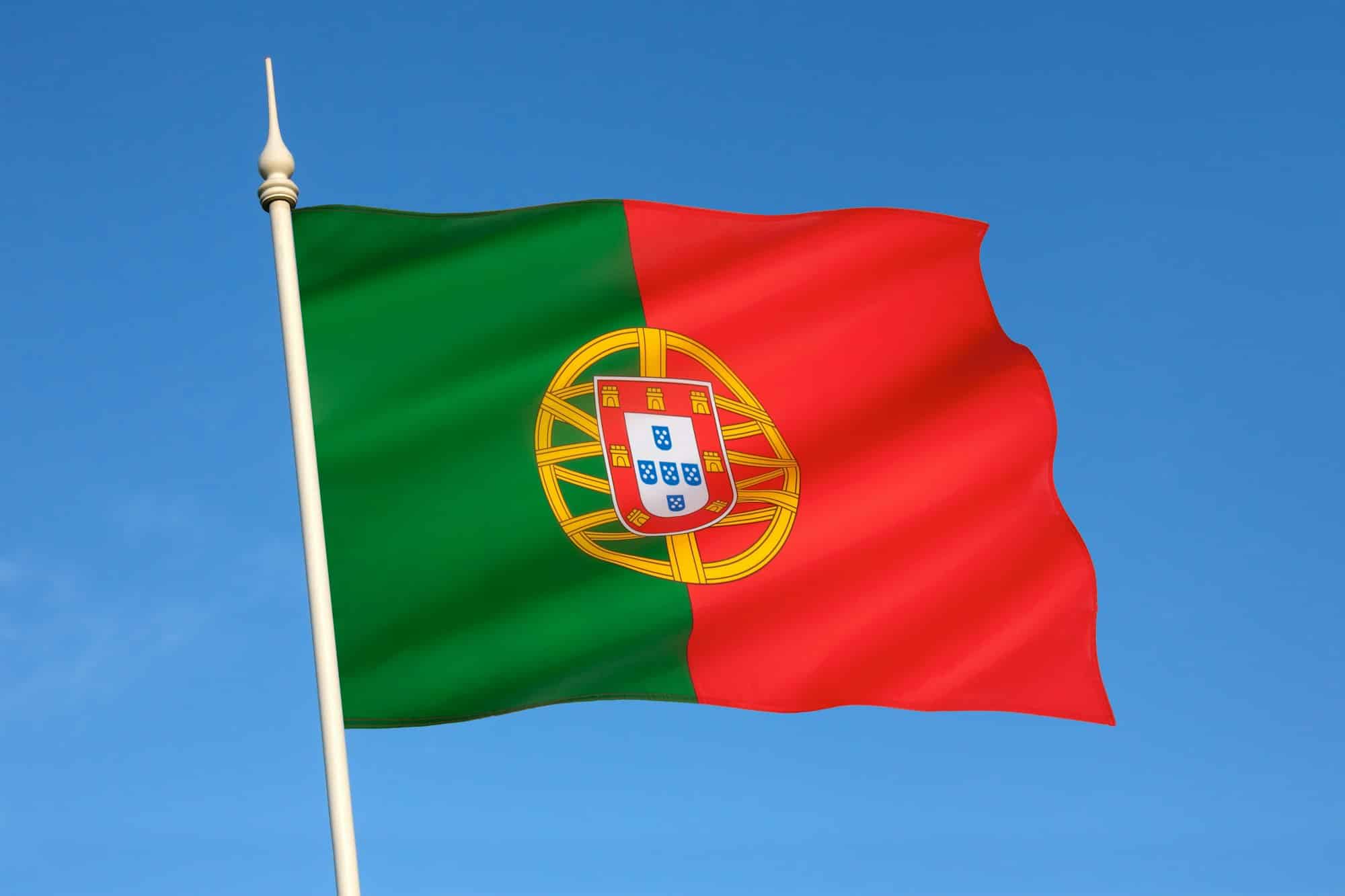Birth certificates in Portugal: the transition to digital technology

Over the last few decades, Portugal has undertaken a series of administrative reforms aimed at modernising and simplifying access to public services. Among these reforms, the transition to digital birth certificates stands out as a major step forward. This development reflects not only a desire to optimise administrative processes, but also to meet the expectations of an increasingly connected society.
Background and context
Traditionally, the birth certificate in Portugal was a paper document, issued by the Civil Registry after the birth had been declared. Regardez ici for more information about the digitised birth certificate. This process often involved long and tedious procedures, requiring the physical presence of the parents at the civil registry offices. However, with the rise of digital technology and the Portuguese government's ongoing efforts to improve the efficiency of public services, a digital transformation has become a necessity.
In the same genre : How to craft engaging and educational content for children’s science YouTube channels?
The transition to digital
The transition to digital birth certificates has been progressively implemented since the 2010s. In 2017, the ‘Nascer Cidadão’ programme was launched, enabling parents to register the birth of their child directly at the hospital, immediately after delivery. This initiative has considerably simplified the process, by integrating the data directly into the electronic civil registry system.
In 2020, the Portuguese government took a further step forward by introducing the possibility of requesting and receiving a fully digital birth certificate. Thanks to a secure online platform, parents can now access their child's birth certificate without having to travel. This digitisation is part of a wider plan to modernise public services and make government more accessible and efficient.
Also read : How can AI and machine learning personalize fitness training for individual health goals?
Benefits of digitisation
Digitising birth certificates has a number of advantages. Firstly, it considerably reduces the time and costs associated with administrative procedures. Parents can make declarations and obtain copies of the birth certificate in just a few clicks, without leaving their home. This is particularly beneficial for families living in remote areas or who find it difficult to travel.
In short, the transition to digital birth certificates in Portugal represents a major step forward in the modernisation of public services. By facilitating access, reducing costs and improving document security, this initiative demonstrates the benefits of adopting digital technologies in public administration. While addressing the challenges of security and digital inclusion, Portugal continues to lead the way towards a more efficient and accessible administration for all its citizens.
